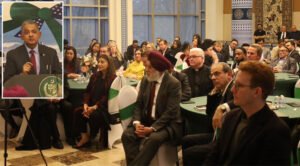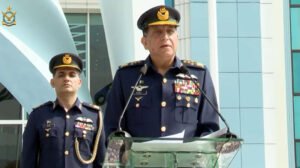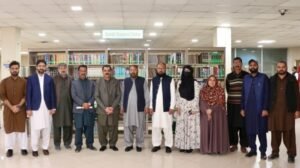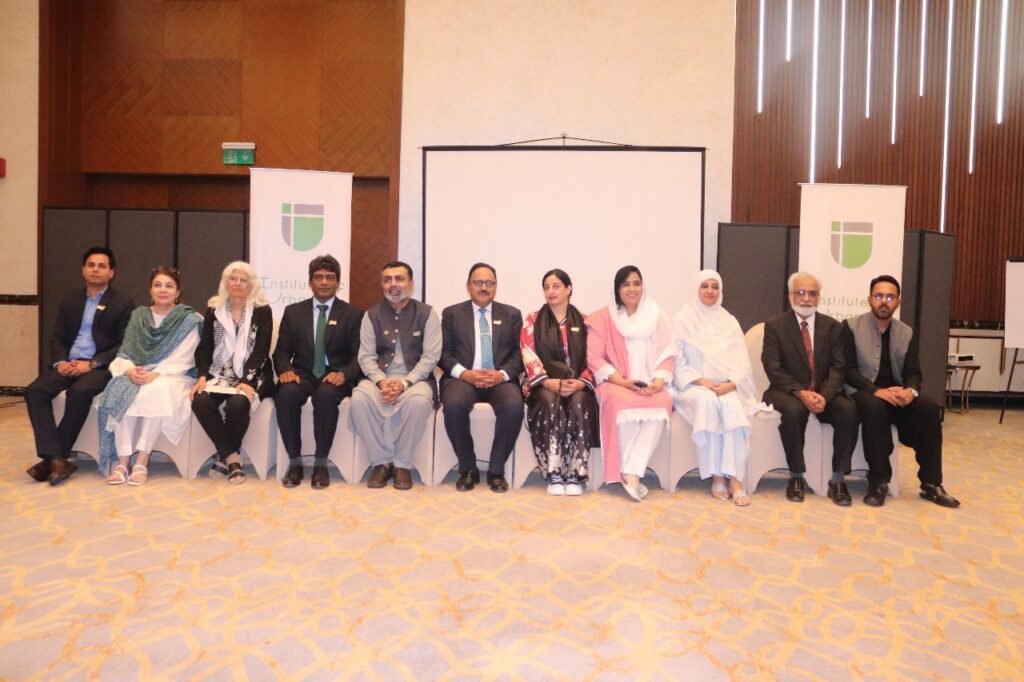
Institute of Urbanism unites communities, policymakers, and experts to advance community-led waste management.
Islamabad :— Dr. Ejaz Ahmad, Executive Director of IoU, highlighted its achievements in Farash Town: “By mobilizing women and youth, we have shown that waste is not merely an environmental liability, but a resource that can support livelihoods and strengthen resilience. Community ownership is at the heart of sustainable solutions.”
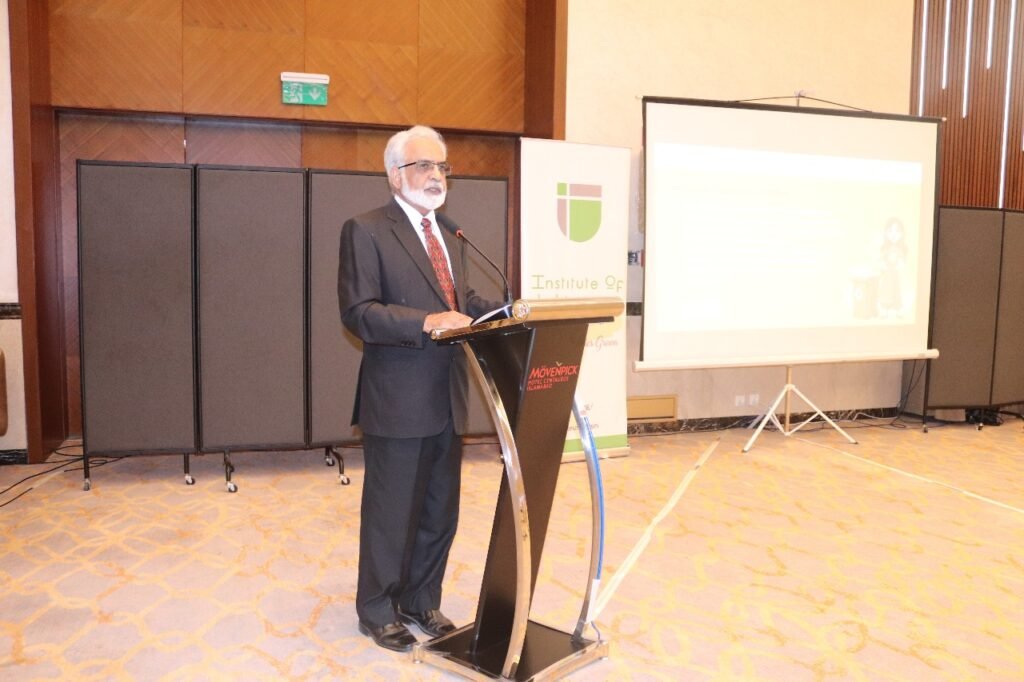
Pakistan generates an estimated 48.5 million tons of solid waste annually, with volumes rising each year due to rapid urbanization and population growth. Yet, only 60–70% of waste is collected, and most is dumped in unsanitary landfills or burned in the open, contributing to air pollution, water contamination, and climate change.
The Institute of Urbanism (IoU), with the support of Heinrich Böll Stiftung, convened a policy dialogue titled “Strengthening Community-Led Sustainable Waste Management”. The event brought together community representatives, policymakers, civil society leaders, and academics to deliberate on advancing inclusive and sustainable solutions to Pakistan’s growing urban waste challenge.
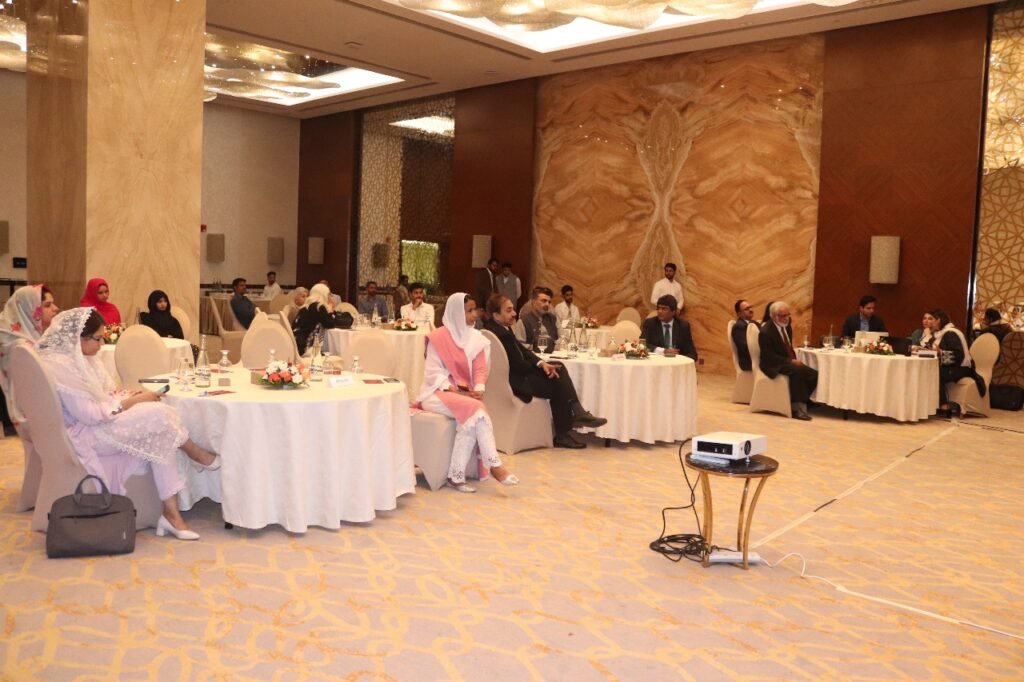
Ghulam Qadir Shah, Chairperson of the Pakistan Climate Change Authority, underscored the urgency of the crisis: “Pakistan’s urban centers are facing a mounting challenge from waste generation that leads to climate change. Communities must not only be partners in finding solutions but also leaders in driving sustainable practices that protect public health and the environment.”
Panelists shared diverse insights. Dr. Abida Sharif, Assistant Professor at FJWU, called for stronger integration of environmental responsibility into education: “Academia has a vital role in preparing the next generation to see waste as an opportunity. Youth, especially students, can be powerful changemakers.”
Speaking from civil society, Rafia Mahmood, WWF-Pakistan, stressed the importance of collaboration: “The lessons from our work with communities show that partnerships between government, civil society, and grassroots actors are essential for scaling up impact.”
Representing the community, Yasmeen Akhtar, a leader from Farash Town, shared lived realities: “We have seen shifts in behavior, but communities need consistent support and institutional backing. Our voices must guide action plans that ensure long-term ownership.”
Asmat Ullah, Assistant Director, Smart City Islamabad, shared his vision for sustainable urban futures: “Smart cities cannot be built on unsustainable practices. Technology must go hand in hand with community engagement. Only by integrating innovation with local ownership can we create cleaner, healthier, and more resilient cities.”
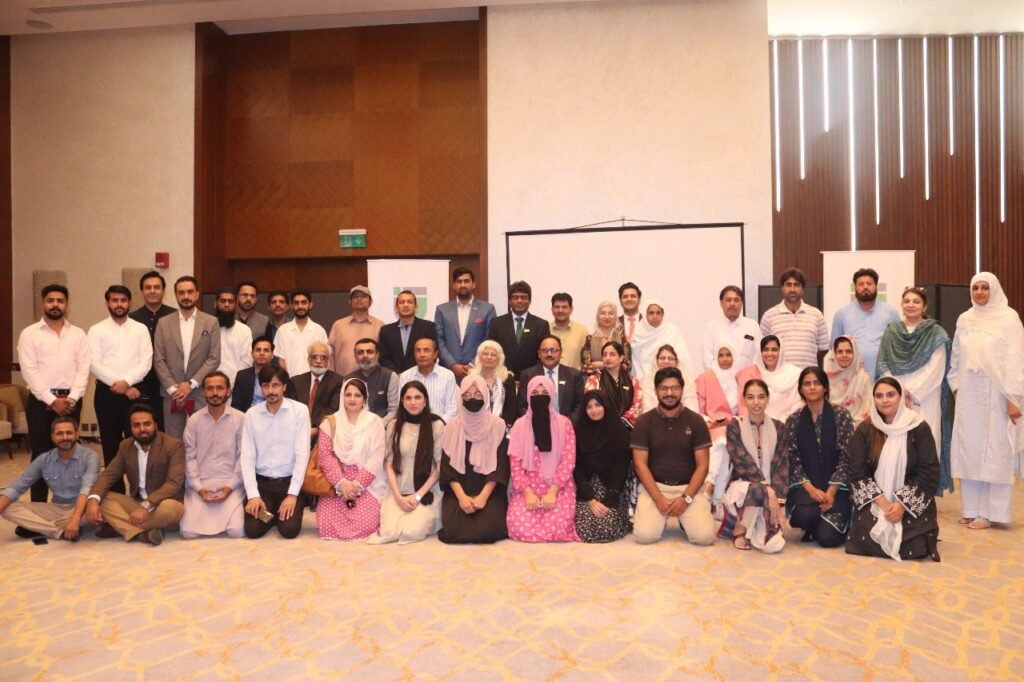
Dr. Zaigham Abbas, Director EPA, reaffirmed the role of regulation: “Compliance and accountability are essential. At the same time, EPA is committed to promoting circular economy models that reduce waste and generate opportunities.”
Dr. Hamid Iqbal, Senior Operations Manager at RWMC, pointed to innovation: “New technologies can improve efficiency, but we must also value informal waste pickers and recyclers who are key actors in the chain.”
Dr. Asif Iqbal, Urban Unit, added: “The gaps in current waste policies must be addressed through public-private partnerships and community-led approaches. Without this, sustainability will remain out of reach.”


